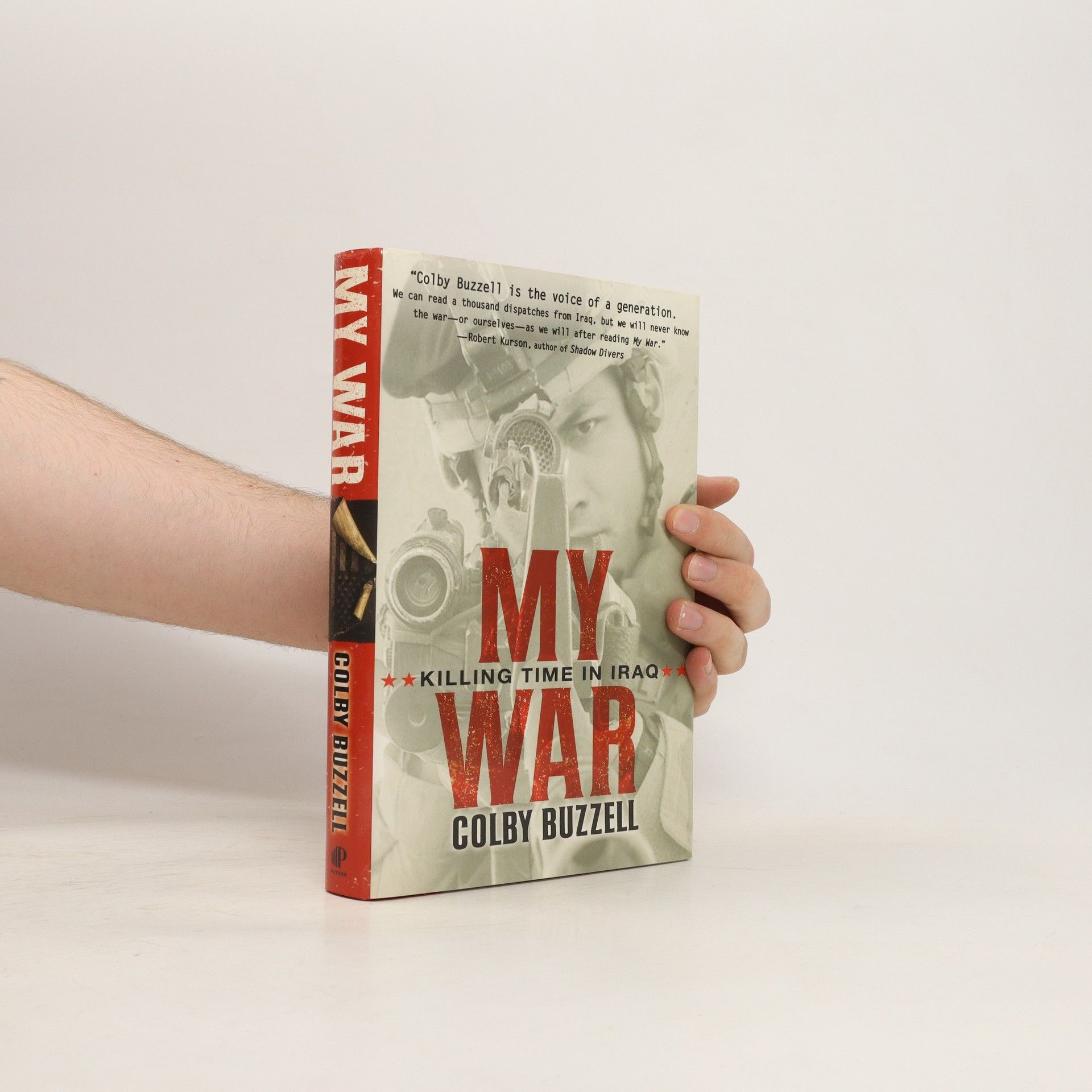My War
- 368 stránek
- 13 hodin čtení
Like many of his generation, Colby Buzzell was jumping from one dead-end job to another, a paycheck away from moving back home. He spent his time skateboarding and killing as many brain cells as humanly possible. Tired of the monotony, he found himself in front of an army recruiter. Within months he was in Iraq, a machine gunner in the controversial Stryker Brigade Combat Team, an army unit on the cutting edge of combat technology, and the first of its kind. This is the startlingly honest story of a young man and a war: trapped amid "guerrilla warfare, urban-style" in Mosul, Buzzell was struck by the bizarre, absurd, often frightening world surrounding him. He began writing an online web log describing the war as he experienced it. As the popularity of his "blog" grew, Buzzell became the embedded reporter the army couldn't control. --From publisher description
